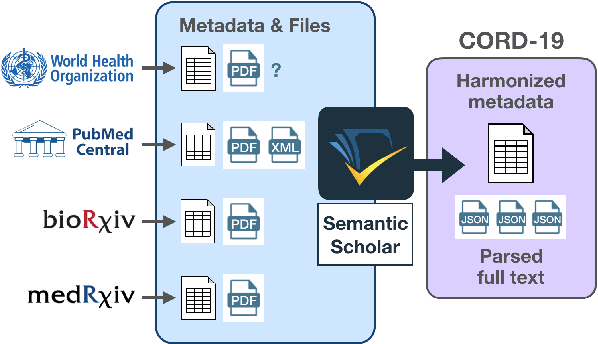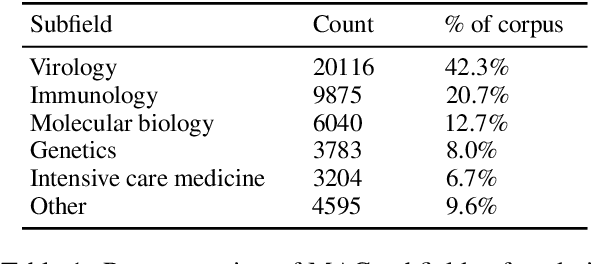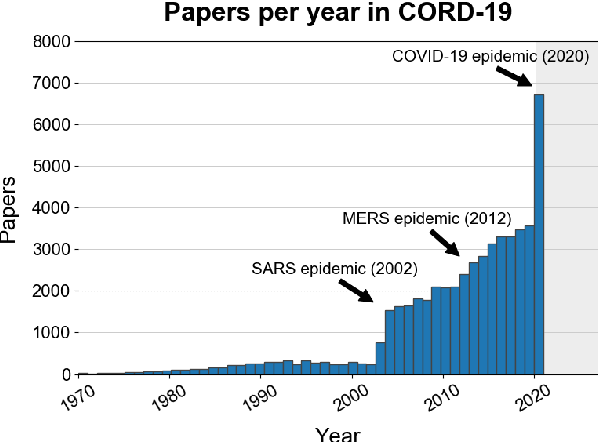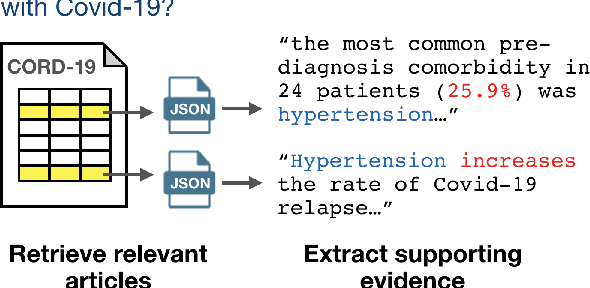Paul Mooney
Position: AI Competitions Provide the Gold Standard for Empirical Rigor in GenAI Evaluation
May 01, 2025Abstract:In this position paper, we observe that empirical evaluation in Generative AI is at a crisis point since traditional ML evaluation and benchmarking strategies are insufficient to meet the needs of evaluating modern GenAI models and systems. There are many reasons for this, including the fact that these models typically have nearly unbounded input and output spaces, typically do not have a well defined ground truth target, and typically exhibit strong feedback loops and prediction dependence based on context of previous model outputs. On top of these critical issues, we argue that the problems of {\em leakage} and {\em contamination} are in fact the most important and difficult issues to address for GenAI evaluations. Interestingly, the field of AI Competitions has developed effective measures and practices to combat leakage for the purpose of counteracting cheating by bad actors within a competition setting. This makes AI Competitions an especially valuable (but underutilized) resource. Now is time for the field to view AI Competitions as the gold standard for empirical rigor in GenAI evaluation, and to harness and harvest their results with according value.
RecurrentGemma: Moving Past Transformers for Efficient Open Language Models
Apr 11, 2024



Abstract:We introduce RecurrentGemma, an open language model which uses Google's novel Griffin architecture. Griffin combines linear recurrences with local attention to achieve excellent performance on language. It has a fixed-sized state, which reduces memory use and enables efficient inference on long sequences. We provide a pre-trained model with 2B non-embedding parameters, and an instruction tuned variant. Both models achieve comparable performance to Gemma-2B despite being trained on fewer tokens.
CORD-19: The Covid-19 Open Research Dataset
Apr 25, 2020



Abstract:The Covid-19 Open Research Dataset (CORD-19) is a growing resource of scientific papers on Covid-19 and related historical coronavirus research. CORD-19 is designed to facilitate the development of text mining and information retrieval systems over its rich collection of metadata and structured full text papers. Since its release, CORD-19 has been downloaded over 75K times and has served as the basis of many Covid-19 text mining and discovery systems. In this article, we describe the mechanics of dataset construction, highlighting challenges and key design decisions, provide an overview of how CORD-19 has been used, and preview tools and upcoming shared tasks built around the dataset. We hope this resource will continue to bring together the computing community, biomedical experts, and policy makers in the search for effective treatments and management policies for Covid-19.
 Add to Chrome
Add to Chrome Add to Firefox
Add to Firefox Add to Edge
Add to Edge